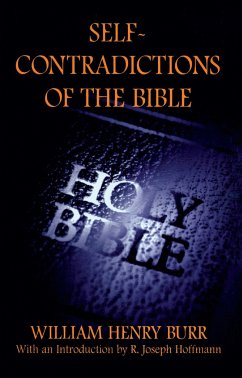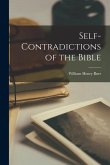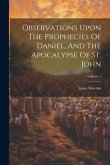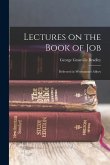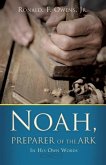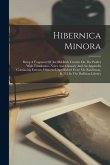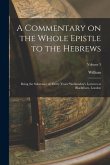Fundamentalism - the belief that the Bible is the inspired, inerrant, and literally true word of God - thrives on ignorance, not just of a general sort, but an ignorance of the Bible itself. The ability to perceive contradictions in a written text, to appreciate the nuances of historical and literary context or the intentions that ancient writers hide beneath their words are hard-acquired skills in the best of times. Fundamentalism presupposes none of them. Rather, it marks a return to the rote memorization of tropes and verses that stood at the beginning of the demystifying process. When a fundamentalist says he "knows" the Bible, he means only that he can repeat its content selectively, often citing the Old Testament as though it were little more than a prelude to the New. Self-Contradictions of the Bible is an ingenious response to fundamentalism. Compiled in 1859 by William Henry Burr and published anonymously, this work made modest inroads to public opinion but then went quickly out of print in 1890, long before the famous Scopes trial. In it Burr answers text with text, proposition with proposition, and doctrine with doctrine - a tactic that infuriated his evangelical opponents. Here, in its original 1860 format, the reader can come to appreciate a classic of nineteenth-century religious liberation.
Hinweis: Dieser Artikel kann nur an eine deutsche Lieferadresse ausgeliefert werden.
Hinweis: Dieser Artikel kann nur an eine deutsche Lieferadresse ausgeliefert werden.

